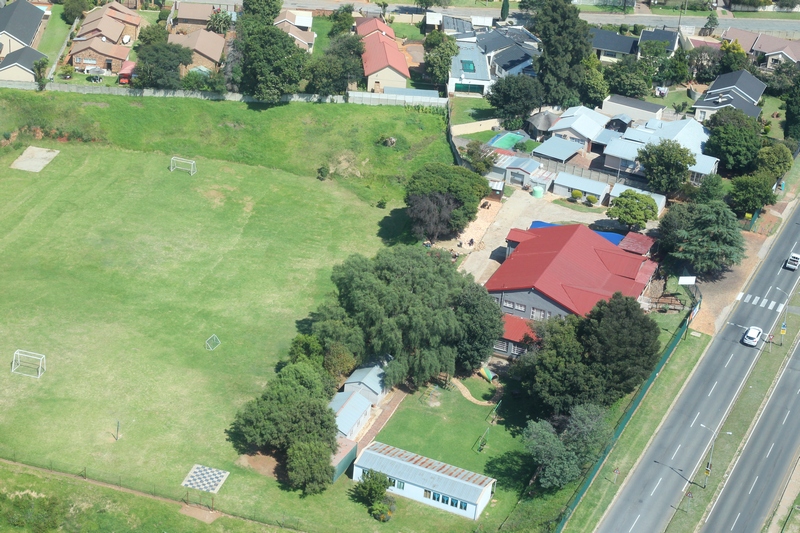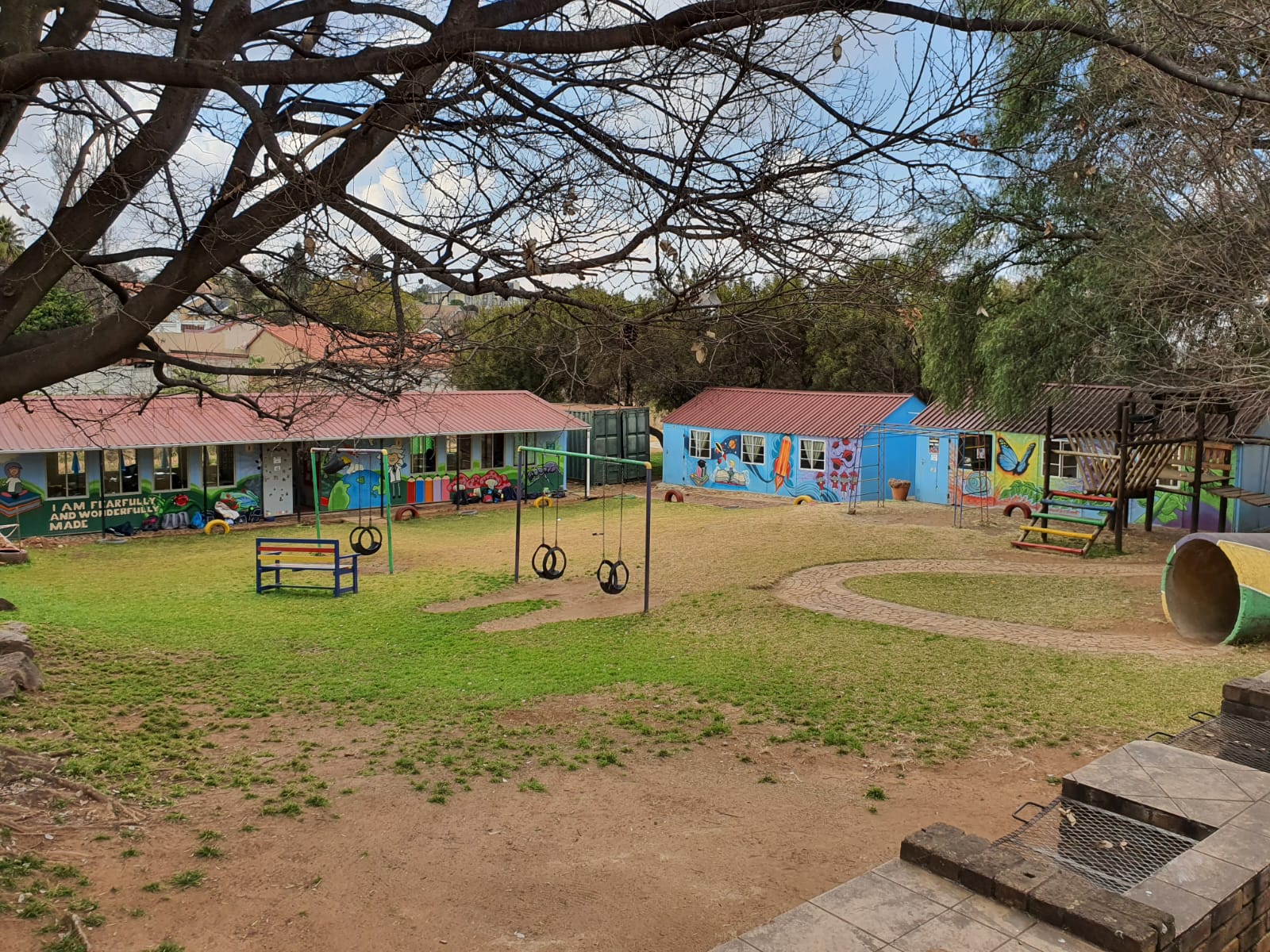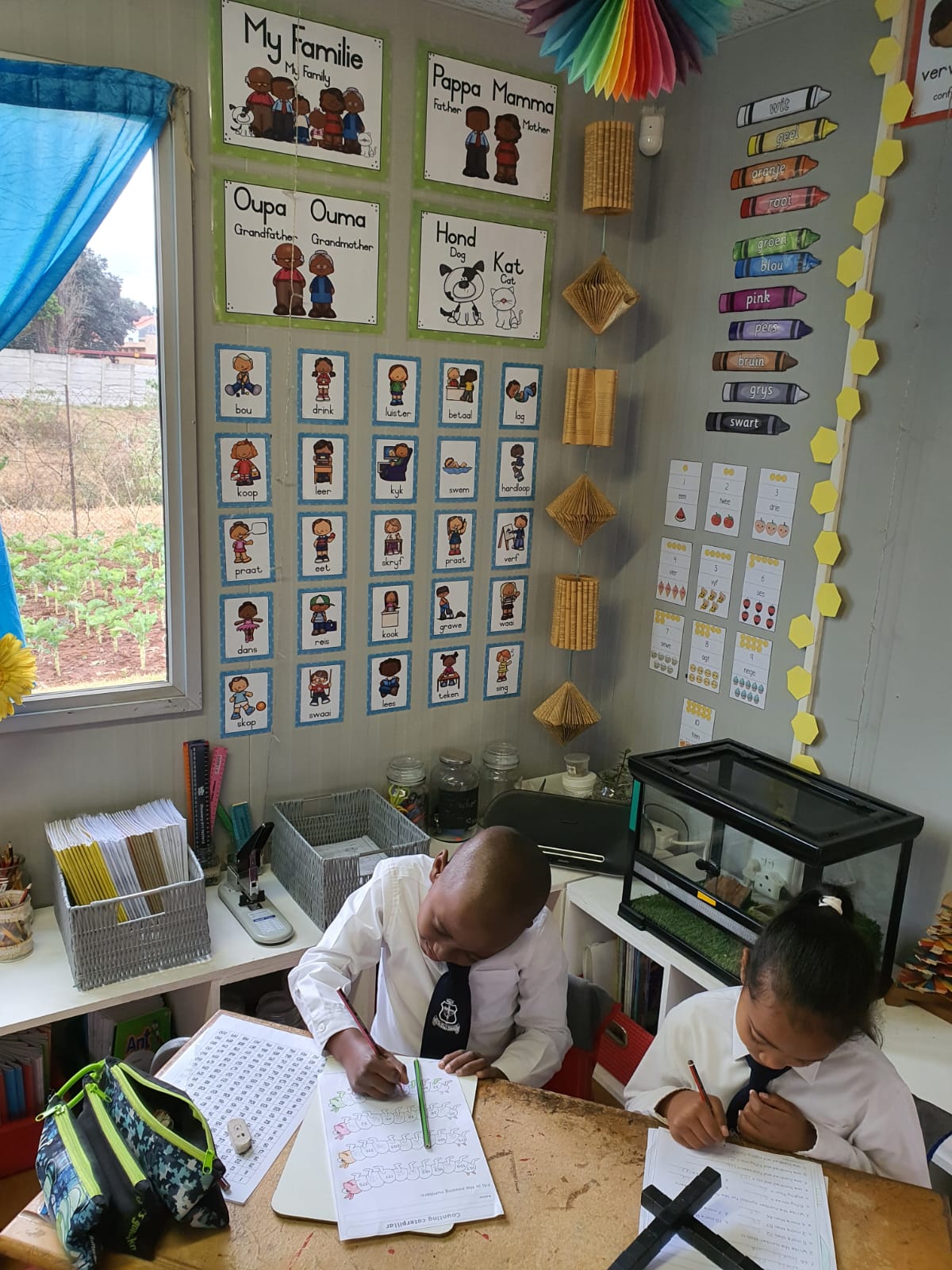Five initiators of success practised at The King's School
A recently published book, Habitudes for the Journey by Dr Tim Elmore, has used research involving over a million students to isolate the particular attributes that characterise individuals most likely to graduate university and excel at life. Just like numerous studies in the past, it has shown that memorising schoolwork and taking exams are not the essential predictors of future success. Instead, the researchers have pinpointed the following "Big Five":
-
Connectedness with accountability - The author describes this as students getting connected to solid people who help them stick to commitments and follow through. He says that today's young people are encouraged into an individualistic lifestyle, and connectedness, through Facebook, for example, only provides connectedness without accountability. At The King's School, our education programme is constructed around a model where teachers are not simply channels of information, they are mentors to their students where accountability is a hallmark of this mentorship relationship. Our classes are limited to a smaller number of students and teachers interact on an individual basis with students, unlike the impersonal lecture format practised in schools with bigger classes.
Possessing resilience and adaptability - There is a growing body of research produced in the last decade indicating that we are producing a fragile group of young adults. It seems that parents are increasingly failing to level consequences on their children for unsatisfactory behaviour or failing to expect children to overcome adversity. We have wanted to protect self-esteem but this has backfired too often. Researchers concluded that we have risked too little, rescued too often and raved too easily about our kids - and now they find it difficult to handle challenges. At The King's School, we have set out to implement a discipline programme that is not focused on rules and punishment, but that concentrates on coaching young students to deal with pressures of life in a resilient manner. Children are not expected to always 'get it right', otherwise there would be no necessity of coaching. Coaching involves drill routines, modelling, mentoring, role-play, patient repetition, tolerance of remorseful failure, encouraging 'failing forward', variation in disciplinary techniques and an acute awareness of the responsibility of moulding a consistent understanding and practice of acceptable behaviour.
-
-
Developing high emotional intelligence - For many years education experts were convinced that IQ would be the biggest single contributor to future success, but more recent research indicates that EQ is far more important in this regard. Self-awareness, self-regulation, social awareness and relationship skills are key components of EQ. At our school, we have emphasised the self-regulation skills of don't delay, get organised, listen actively, prioritise and stay on task. Sadly so many adults still believe that these 'soft skills' are less important, preferring to drive their children to rather memorise lectures and shine in exams.
-
Targeting a clear outcome - Because students are involved in an externally imposed routine at school, they often come to regard it as a drudgery to be tolerated and consequently lack motivation and drive. Author Dan Pink says that students who are motivated at the highest level understand three key components: Autonomy - feeling responsible for one's own progress, Mastery - recognising that you are improving your proficiency level, and Purpose - attaching meaning to one's studies. Our school makes a deliberate effort to promote autonomy, mastery and purpose by awarding accolades, providing a steady feedback to students through report comments and assessments, and using Biblical Integration to accentuate purpose in study material.
-
Making good decisions - Researchers found that successful students were adept at making good decisions. They identified decisions that determine their moral compass, their discretionary time, their study habits, their predisposition to cheat, their outside work and how they deal with setbacks and stress. At The King's School, the pillars of Spiritual Formation and Biblical Worldview that permeate our education programme from preschool to Matric will assist children to perceive their schooling as an integrated whole and lead them to make sound life decisions based on the truth of the Bible and a vibrant relationship with the living God.
Our Head Boy of 20??, Nichol Bamuza, recently received an award as student of the year at the University of Cape Town. His award follows two of our other previous students who also received student of the year awards at Pretoria University in recent years. We are delighted to hear of such success stories and we are pleased that our students are demonstrating that they have received such a good grounding at our school.
We believe that the following five practices are influential in initiating success for our young graduates:
-
Mentoring of students by fully committed Christian teachers
-
Creating a disciplined environment
-
Promoting self-regulation skills
-
Enhancing achievement levels of students
-
Integrating a Biblical Worldview into knowledge, life and professional practice
Ken Langley
REF: The research mentioned above was reported in
http://growingleaders.com/blog/student-success/










